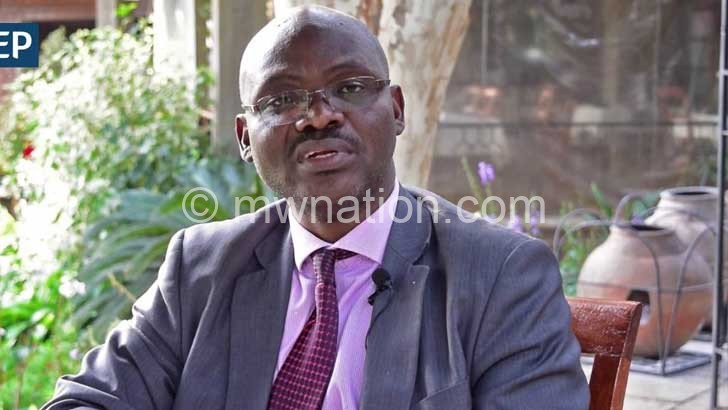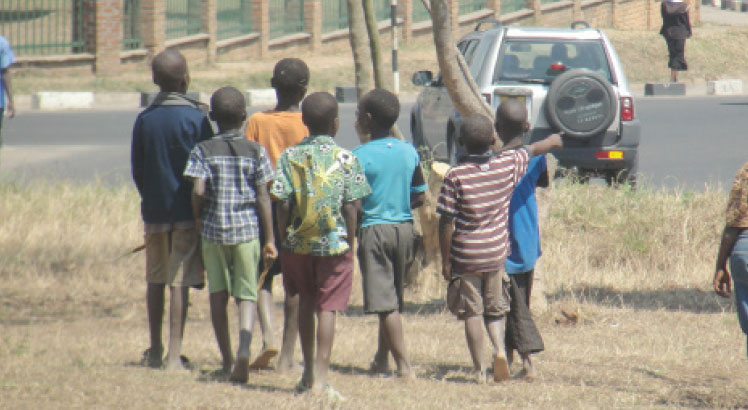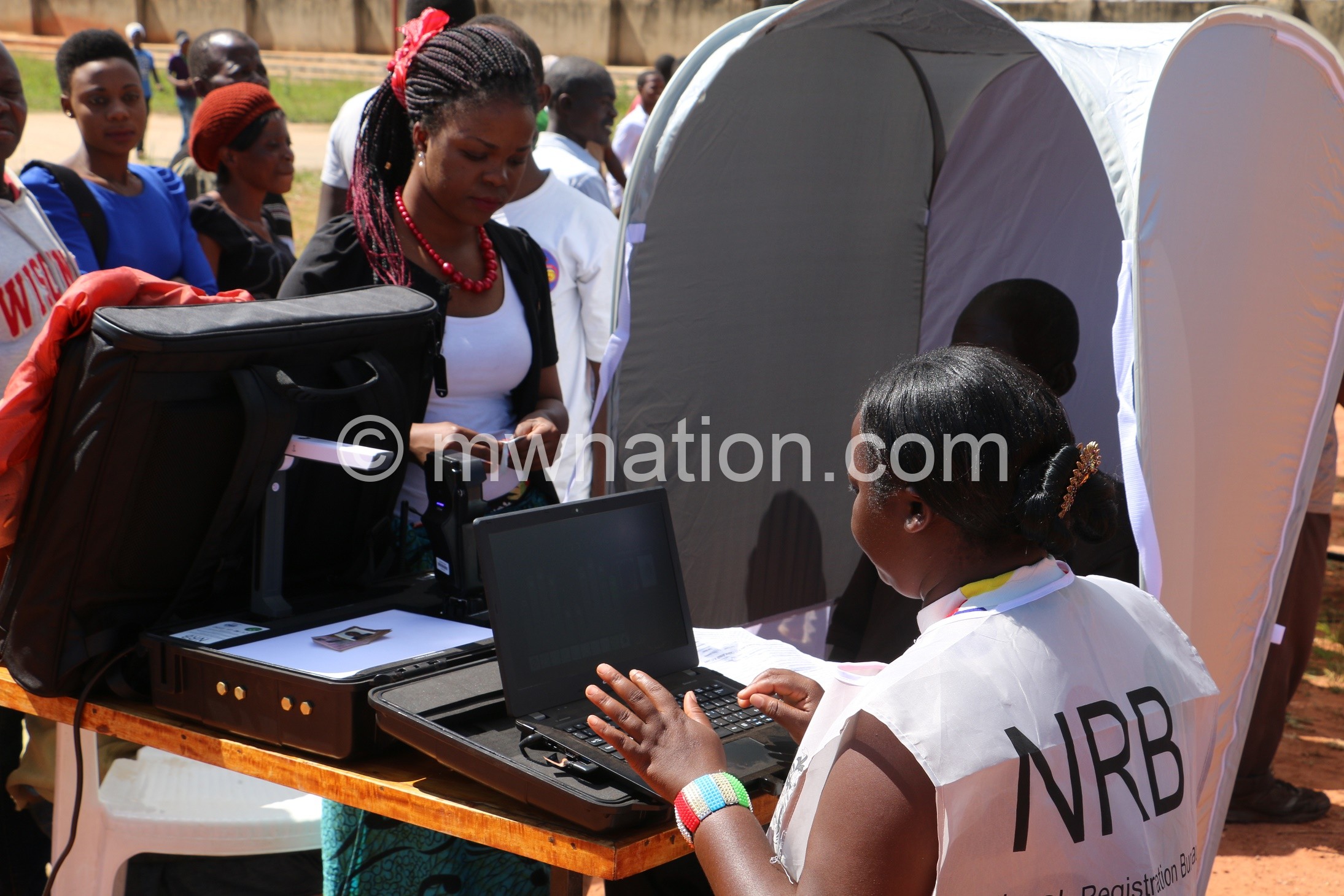3.1m feel Covid-19 just common flu—survey
About 3.1 million Malawians hold the most common false belief that the Covid-19 virus is just the common flu, findings of a World Bank Group survey have established.
Published by the World Bank Group, the research working paper titled The Evolving Socio-economic Impacts of Covid-19 in Four African Countries examines the effects of the pandemic and coping strategies employed by 10 865 households in Malawi, Uganda, Ethiopia and Nigeria between April and September 2020.
The sample for the surveys was drawn from households interviewed during the latest round of the national longitudinal household survey implemented by the respective national statistical offices in the four countries, with assistance from the World Bank Living Standards Measurement Study (LSMS).
The study also examined a series of outcomes of the pandemic, including behaviour and perceptions related to Covid-19; losses in income and business revenues; changes in food security; and variation in access to resources, including education, food, and medical services.

Reads the survey findings in part: “The most common false belief in Malawi is that the virus is just the common flu, believed by an estimated 3.1 million individuals. The most common false belief in Uganda is that the
virus cannot survive warm weather, with an estimated 6.1 million individuals believing this myth.”
The estimated 3.1 Malawians who wrongly believe that Covid-19 virus is just common flue roughly represent 17 percent of an estimated 18.6 million population based on the 2018 Population and Housing Census.
An estimated one million to three million individuals in each country subscribe to the other false beliefs, representing a substantial share of the population, say the findings.
The prevalence of false beliefs about the disease, the survey says, have been noted in nearly every country in the world and demonstrates the continued need for clear and accurate messaging to avoid the far-reaching spread of information of questionable quality.
Commenting on the findings in an interview, University of Malawi College of Medicine Professor of Public Health and Epidemiology Adamson
Muula yesterday said authorities should not relent in teaching and mentoring the people.
He stressed that those holding such false beliefs cannot be blamed because of their ignorance.
Said Muula: “Our role as public health scientists and professionals is to mobilise resources, implement and review strategies which will reduce this number [3.1 million] to perhaps just a thousand or so.
“No country has all the people believing Covid-19 is more than just a common flu. We need to unleash different stakeholders and players to join the messaging brigade.
“Doctors and scientists are not the only group to spread the word. Politicians and musicians are not the only ones. We need everyone.”
Muula said it is unfortunate to learn that Malawians are not on the same page when it comes to providing right Covid-19 messaging.
He said: “Covid-19 messaging must go deep in the rural areas especially. This requires a lot of resources and innovation. How many years did it take us to spread messages on HIV? I believe we have done even better with Covid-19.”
In a separate interview, National Initiative for Civic Education media and public relations officer Grace Hara yesterday agreed with the findings of the World Bank study, testifying that in most parts of the country, some Malawians still hold on to the false beliefs about Covid-19 but said the institution is doing everything possible to reverse the trend.
On behaviour and perceptions during Covid-19 pandemic, the World Bank research findings reveal that the cross-country differences in government responses are reflected in how individuals changed their behavior at the beginning of the pandemic to help prevent the spread of the virus.
In June last year, preliminary findings of a survey to gauge public perception on Covid-19 showed that 81.78 percent of Malawians are more scared of going hungry than the virus.
The survey—jointly conducted by the Programme on Governance and Local Development and the Institute for Public Opinion and Research (Ipor)—found that about 60 percent of Malawians fear that the healthcare system will be more difficult to access due to Covid-19 while about 76 percent believe others will have a negative perception of them if they test positive for Covid-19.






One Comment